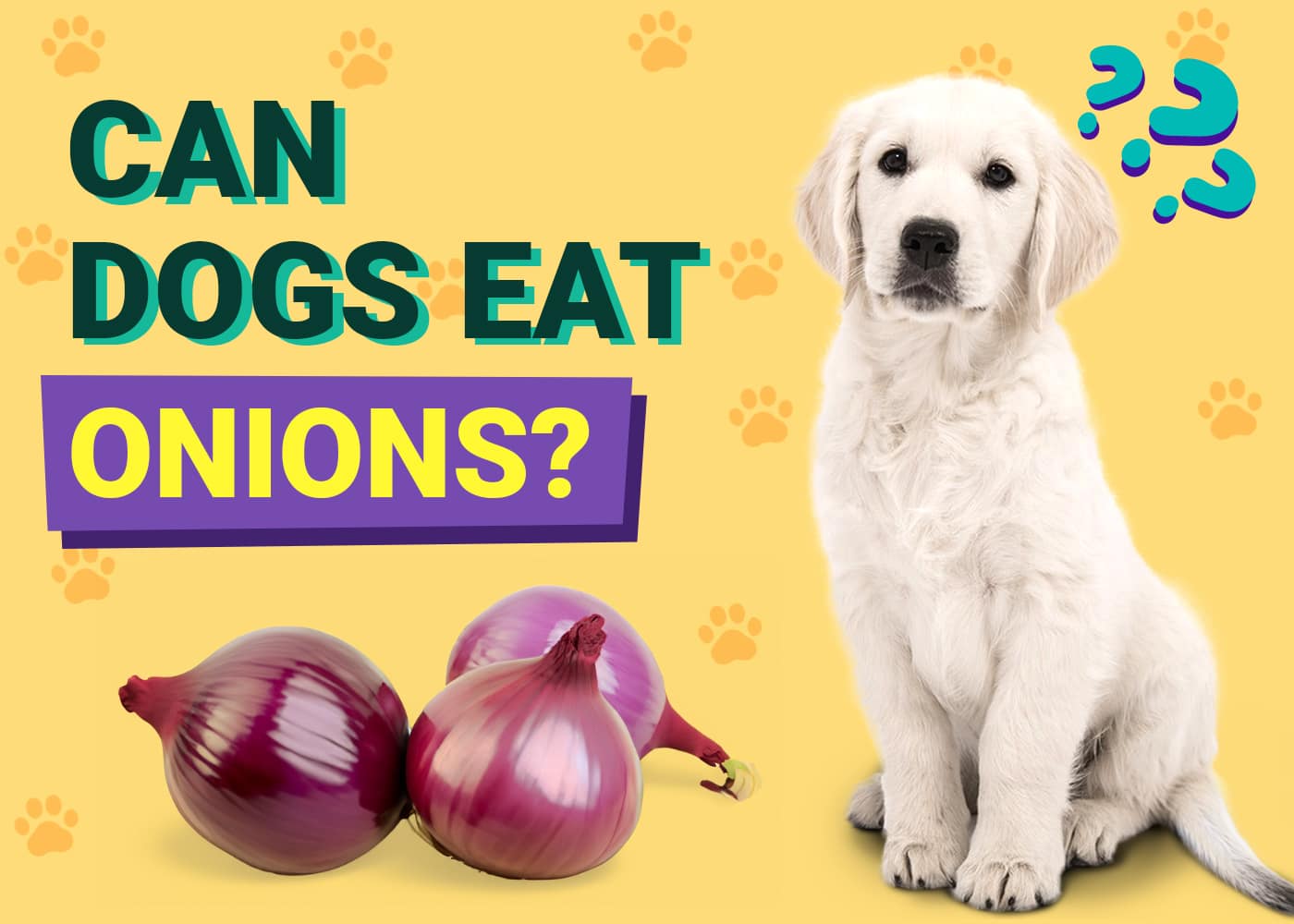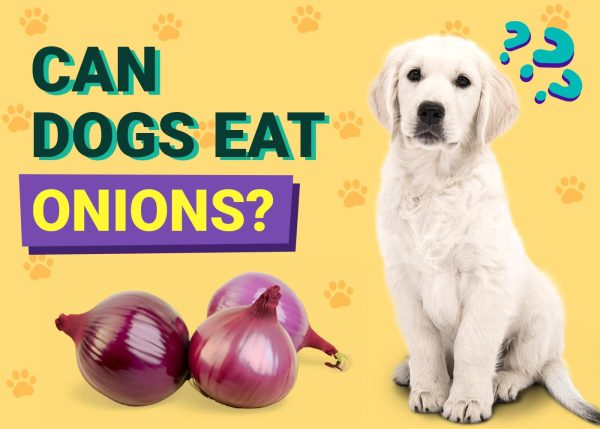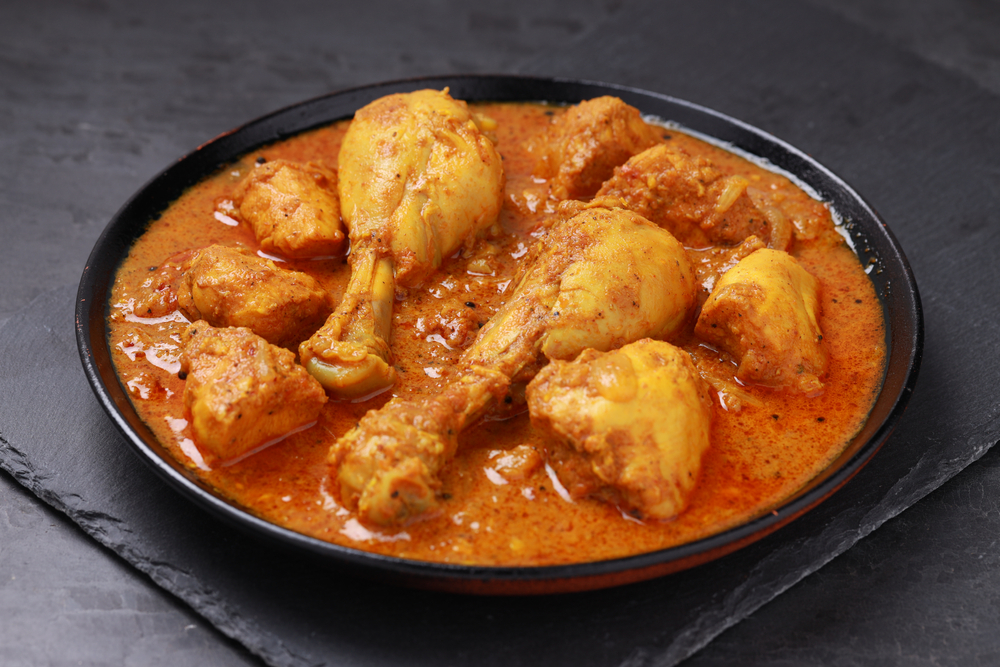If you’re one of those people who love eating olives, whether on a pizza or in a salad, you may wonder if your dog can eat olives too.
Generally, dogs can eat olives in moderation, as they are not toxic; however, they still carry various risks that you should be aware of before allowing your dog to eat them.
Can Dogs Eat Olives?
Dogs can eat olives because these fruits are not toxic to canines; however, they should only consume them in moderation. Eating too many olives can lead to weight problems, as they may increase your dog’s calorie intake.
Olives naturally contain plenty of vitamins and minerals that can supplement your dog’s diet, but if your dog’s diet is well-balanced, your furry friend won’t need these nutrients.
Still, you can occasionally implement olives into your dog’s diet as a source of healthy proteins and fats, but bear in mind that you should only give them plain, unsalted olives.
What Type of Olives Can Dogs Eat?
If you decide to give olives to your dog, ensure that they’re plain, unsalted olives. Any other type, such as canned olives, marinated olives, or stuffed olives, could contain harmful spices and ingredients that could affect your dog’s health.
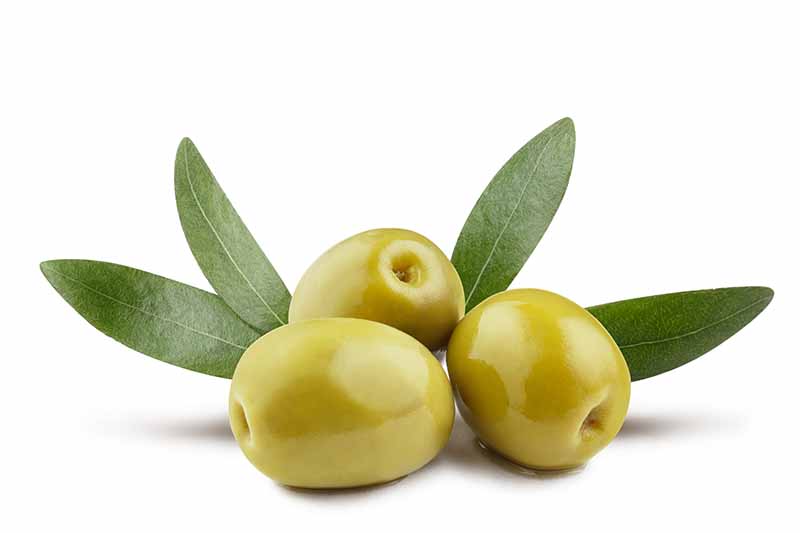
Nutritional Benefits of Olives for Dogs
Theoretically, olives contain various nutrients that can positively impact your dog’s health:
- Vitamin K
- Vitamin E
- Vitamin A
- Potassium
- Zinc
- Calcium
- Iron
It’s also said that olives can help reduce inflammation and boost immune system health; however, while they are rich in nutrients and antioxidants, they are often unnecessary for dogs with well-balanced, high-quality diets.
Can Eating Olives Be Dangerous to Dogs?
Eating olives can be potentially dangerous for dogs, which is why you should always be cautious when and if you give them to your dog.
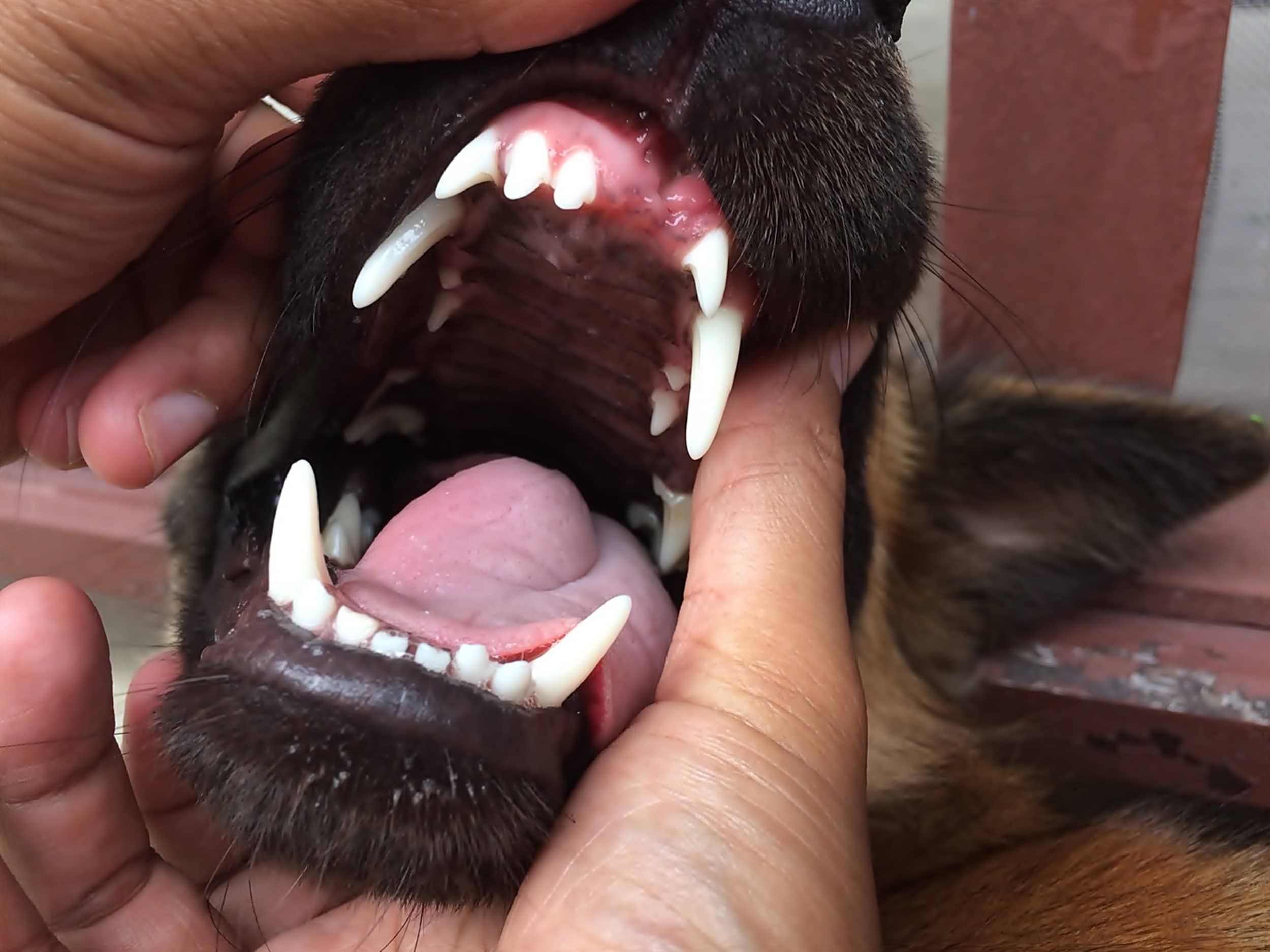
The 4 Dangers of Feeding Olives to Your Dog
1. Choking Hazard
Olives are not toxic to dogs, but their pits present a serious choking hazard. When eating olives, your dog may choke on an olive pit, or the pit could block the airways, leading to breathing obstructions.
The olive pits may also crack your canine’s teeth or end up in their intestinal tract and cause damage and discomfort.
2. Sodium Toxicity
If you plan on giving olives to your dog, ensure that they are plain, unsalted olives. Any packed, canned, or pickled olives will contain high sodium (salt) levels. Though relatively rare, this could lead to sodium toxicity if your dog suddenly consumed a very large quantity of salted olives.
Sodium toxicity is a serious condition that requires immediate veterinary treatment. The signs of toxicity start with vomiting, followed by:
- Diarrhea
- Lethargy
- Depression
- Shortness of breath
- Rapid breathing
- Disorientation
- Seizures
Since sodium toxicity can be deadly for dogs, it’s best to avoid feeding olives to your dog unless you can find plain olives that don’t contain salt.

3. Garlic Poisoning
It’s common for many canned, pickled, or packed olives to contain various ingredients, including garlic. While garlic is an excellent part of human food, dogs cannot ingest any members of the allium family.
Consuming olives that contain garlic could lead to garlic poisoning; canines that experience garlic toxicity typically display the following signs:
- Weakness
- Lethargy
- Pale gums
- Vomiting
- Diarrhea
- Lack of coordination
- Increased heart rate
- Increased respiratory rate
- Excessive drooling
- Brown/red urine
- Anemia
Since garlic poisoning is a possibility, it might be best to avoid giving your dog foods that could contain garlic, including olives.
4. Alcohol Poisoning
If you love to drink martinis but are not a big fan of the olives inside, you may want to give them to your pet as treats. However, you should never give your dog olives from drinks like martinis, as that could potentially cause alcohol poisoning in your canine.
Here are the signs of alcohol poisoning in dogs:
- Disorientation
- Excessive sleepiness
- Nausea
- Vomiting
- Low body temperature
- Difficulty in breathing
- Collapse
Since your dog shouldn’t ingest any alcohol, giving olives from an alcoholic drink to your dog is something that you should never do.
If you want more information or are concerned about your pet’s health, you should contact your vet.
PangoVet. It’s an online service where you can <b>talk to a vet online</b> and get the personalized advice you need for your pet — all at an affordable price!
</p>
<div class="su-button-center"><a href=https://www.dogster.com/dog-nutrition/"https://pangovet.com/?utm_source=dogster&utm_medium=article&utm_campaign=dog_eat_drink%22 class="su-button su-button-style-default" style="color:#FFFFFF;background-color:#FF6600;border-color:#cc5200;border-radius:9px;-moz-border-radius:9px;-webkit-border-radius:9px" target="_blank" rel="nofollow"><span style="color:#FFFFFF;padding:0px 24px;font-size:18px;line-height:36px;border-color:#ff944d;border-radius:9px;-moz-border-radius:9px;-webkit-border-radius:9px;text-shadow:none;-moz-text-shadow:none;-webkit-text-shadow:none"> Click to Speak With a Vet</span></a></div></div></div>"}" data-sheets-userformat="{"2":513,"3":{"1":0},"12":0}"> If you need to speak with a vet but can’t get to one, head over to PangoVet. It’s an online service where you can talk to a vet online and get the personalized advice you need for your pet — all at an affordable price!

Frequently Asked Questions
Which Foods Can You Offer to Your Dog as Substitutes for Olives?
If you want to add fruits to your dog’s diet and have been considering olives, know that there are alternatives that may be healthier for your canine. Here’s a list of dog-appropriate fruits:
Regardless of the fruit treat that you choose, always remember to offer it to your dog in moderation to avoid nutritional imbalances.

Final Thoughts
Dogs can eat plain, unsalted olives in moderation. Although olives can be nutritionally beneficial to canines, they can also cause nutrient imbalance and increase your dog’s daily calorie intake unnecessarily.
Featured Image Credit: William.Visuals, Shutterstock

